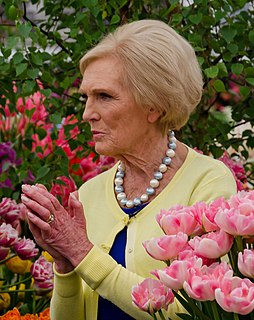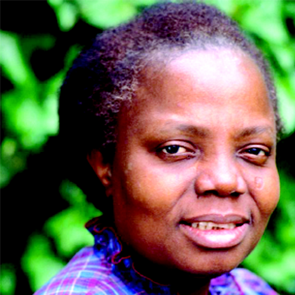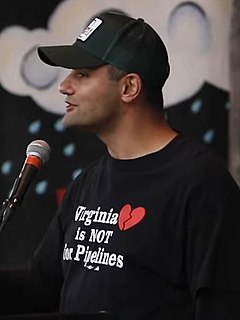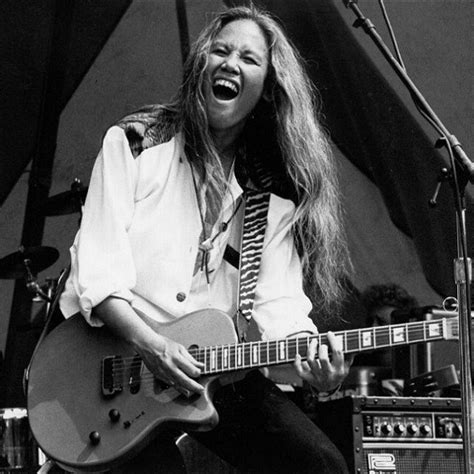A Quote by Jessica Valenti
If you're fighting to limit other women's rights, then you can't really call yourself a feminist.
Related Quotes
People ask me a lot, 'Well, can you be pro-life and be feminist? Can you be conservative and be feminist?' And I think that, yeah, maybe personally you can be those things. But I think if you're advocating for legislation, or if you're fighting to limit other women's rights, then you can't really call yourself a feminist.
You know, people ask me a lot, well, can you be pro-life and be feminist? Can you be conservative and be feminist? And I think that yeah, maybe personally you can be those things. But I think if you're advocating for legislation, or if you're fighting to limit other women's rights, then you can't really call yourself a feminist.
I can't really speak to what it was like to call yourself a feminist in the past on a personal level but I think calling oneself a feminist in the past may have been inimical because feminists in the '70s were the first to really challenge deeply embedded gender roles and demand concrete political and economic rights. They were asking for rights that seemed like a direct threat to those in power - they were asking for equality in a society that didn't have it in an obvious way. They were put down and villainized because they were seen as threatening.
I would always stand up for women, but I don't want women's rights and all that sort of thing. I love to have men around, and I suppose if you're a true feminist, you get on and do it yourself. I love it when someone says, 'I'll get your coat' or, 'I'll look after you', or offers you a seat on the bus. I'm thrilled to bits. I'm not a feminist.
Naturally my stories are about women - I'm a woman. I don't know what the term is for men who write mostly about men. I'm not always sure what is meant by "feminist." In the beginning I used to say, well, of course I'm a feminist. But if it means that I follow a kind of feminist theory, or know anything about it, then I'm not. I think I'm a feminist as far as thinking that the experience of women is important. That is really the basis of feminism.
The war in Afghanistan was fought for feminist reasons, and the Marines were really on this feminist mission. But today, all the women in all these countries have been driven back into medieval situations. Women who were liberated, women who were doctors and lawyers and poets and writers and - you know, pushed back into this Shia set against Sunnis. The U.S. is supporting al-Qaeda militias all over this region and pretending that it's fighting Islam. So we are in a situation that is psychopathic.
We're fighting for LGBT rights and for women's rights and for Muslims and for refugees. Well, we shouldn't be fighting for those groups, we should be fighting for freedom and the liberties that are enshrined in our founding documents and that covers everybody: the woman's right to choose, the ability to be able to pursue happiness.
I was frustrated with how academia tended to present feminist theory in disconnected or inaccessible ways. I wanted to try and bring a sociological feminist lens to the limited and limiting representations of women in the media and then share that with other young women of my generation. YouTube was the perfect medium.
I consider myself 100 percent a feminist, at odds with the feminist establishment in America. For me the great mission of feminism is to seek the full political and legal equality of women with men. However, I disagree with many of my fellow feminists as an equal opportunity feminist, who believes that feminism should only be interested in equal rights before the law. I utterly oppose special protection for women where I think that a lot of the feminist establishment has drifted in the last 20 years.
I have this theory that people are actually really hungry for sonic space and understanding words, and I think that people are ready to look back and actually appreciate some of what came before. And then you really do have the entire movement that I'm just going to call feminist, because I am a feminist. I think the education of young girls and women about what came before has started and I think that the knowledge of Fanny is part of that.




































